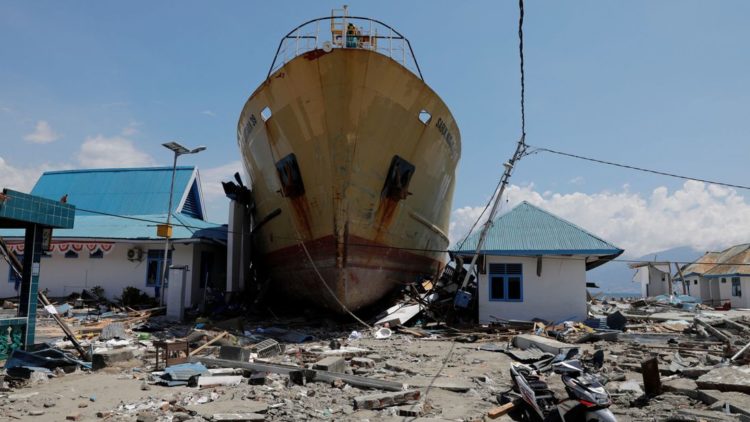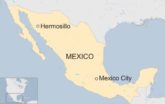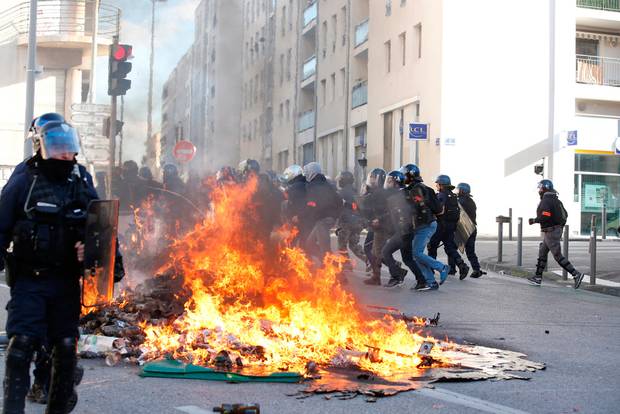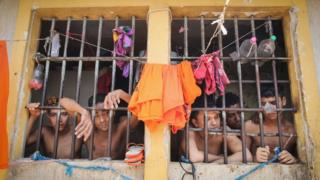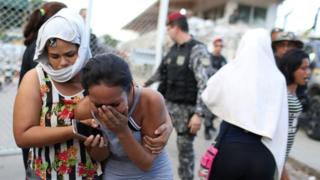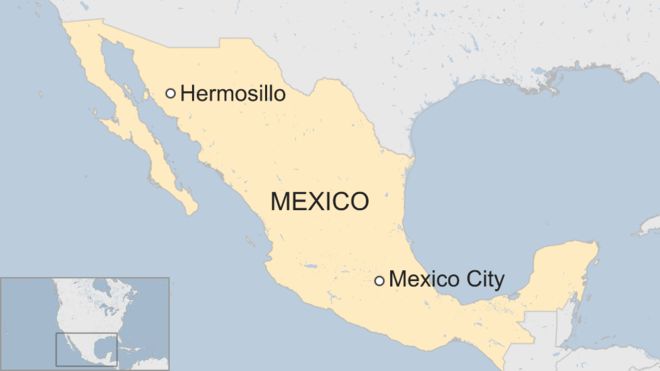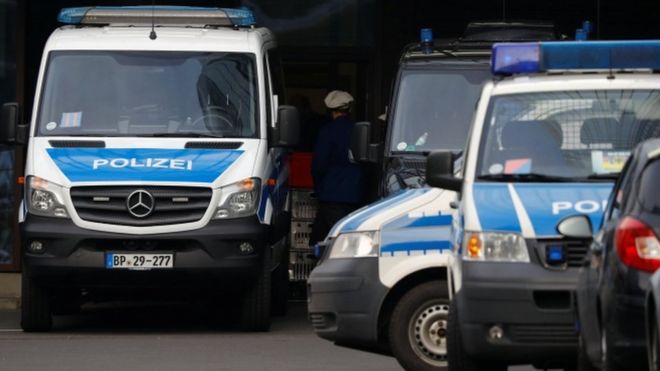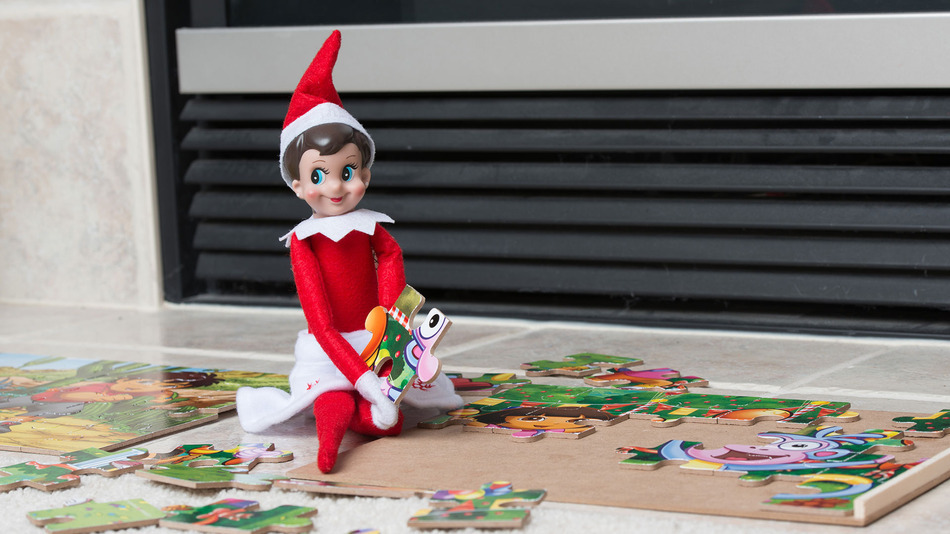The RAF A400M Atlas aircraft and a team of military experts will depart from a base in the Middle East, arriving in the country on Thursday.
It will provide crucial assistance amid a developing humanitarian disaster, with at least 1,234 people known to have died in the 7.5-magnitude earthquake which triggered a tsunami.
“Britain stands united with Indonesia as they recover from this devastating tragedy,” Defence Secretary Gavin Williamson said.
“This shows that once again Britain and her allies across the global can depend on us to provide support and assistance no matter the time, no matter the place, and no matter the problem.”
Survivors who have lost everything are now fighting to get by without electricity, running water or shelter, and looting has been reported as Indonesian authorities struggle to respond to the disaster.
The UN has estimated 571,000 litres of water a day, 659,000 square metres of shelter, and food equalling about 401 million calories a day is needed.
An estimated 61,867 survivors have been displaced but the UN’s disaster relief agency estimates up to 191,000 people are in urgent need of assistance.
Many have endured unimaginable trauma, with one man revealing how the bodies of his sister and father were found hugging.
“My sister was found embracing her father,” Edi Setiawan said. “My mother was able to survive after struggling against the mud and being rescued by villagers.”
Mr Setiawan said he and his neighbours rescued children and adults, including a pregnant woman, from the mud.The government and international relief agencies are struggling to respond to the devastation, with aid only reaching many on Tuesday, four days after the quake hit.
The first evacuations finally started taking place on Tuesday, with C130 Hercules transport planes taking people from Palu to neighbouring provinces including East Java.
Britain is also expected to send the HMS Argyll warship – which is in east Asia – as well as the transport aircraft and a reconnaissance team to help the Indonesian military with the relief effort.
It has already sent five advisers to Indonesia’s capital Jakarta, and the international development secretary has made £2m of aid available for the relief effort.
Thousands of buildings and people in the north of the country, mainly in the 380,000-resident city of Palu, were swallowed up as the earthquake shook the soil, turning into a kind of heaving quicksand.
One woman revealed how she and dozens of neighbours balanced on a mound of soil which was moving up and down due to the process of liquefaction.
Siti Hajat, whose house was destroyed in the Palu district of Balaroa, said: “I and about 50 other people in Balaroa were able to save ourselves by riding on a mound of soil which was getting higher and higher.”
Many of her neighbours who did not manage to escape are believed to be trapped under houses brought down by liquefaction.

